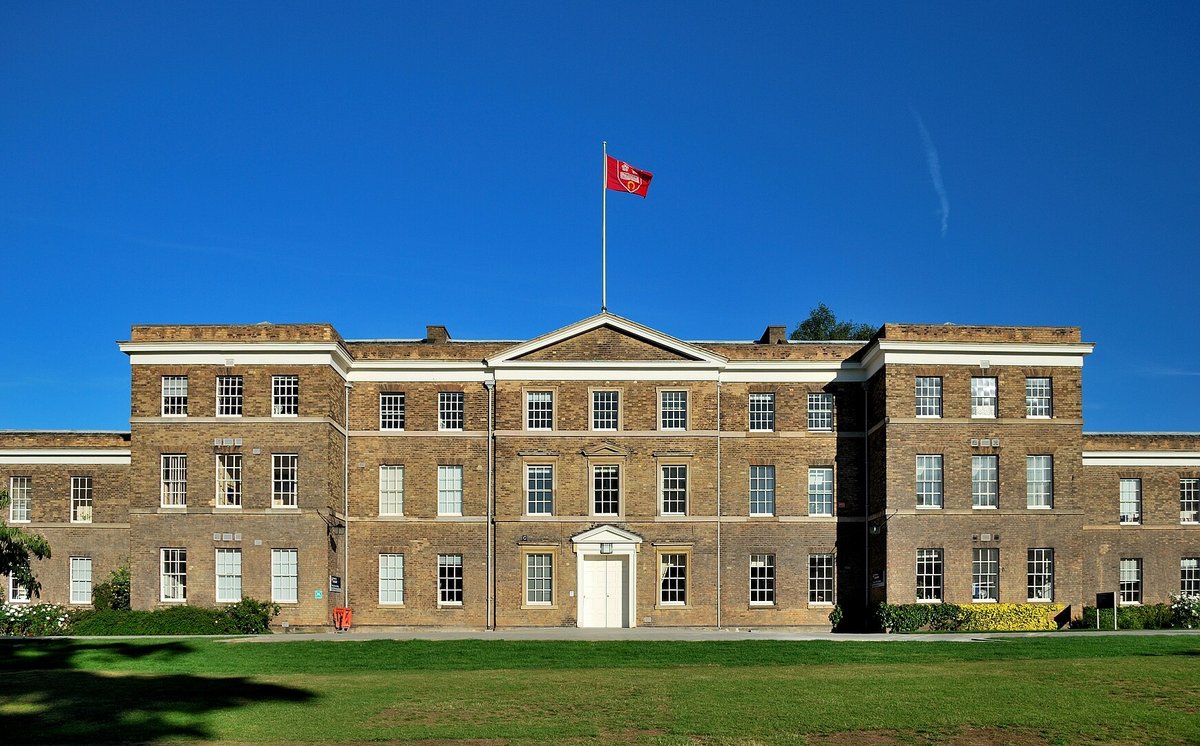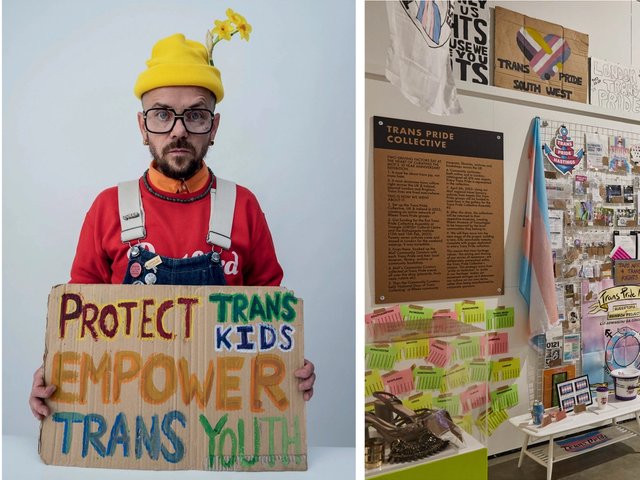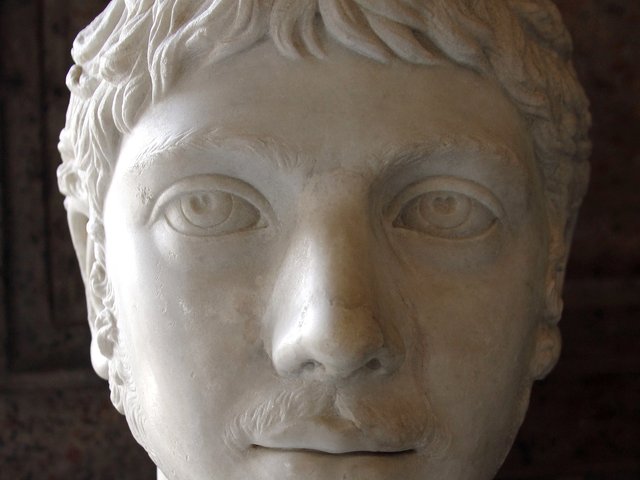The campaign group Freedom in the Arts (Fita) has issued a legal letter to the University of Leicester, threatening to sue the organisation over what it terms “misleading” guidance on advancing transgender inclusion in museums and galleries. The group has also demanded that the document be removed immediately from the university’s website.
Published by the university’s Research Centre for Museums and Galleries (RCMG) in 2023, Trans-inclusive Culture sets out a framework for cultural institutions to “generate inclusive public spaces and workplaces”. The document addresses legal and ethical concerns, and asserts that trans inclusion must sit alongside commitments to combating “all forms of prejudice and discrimination”. Supporters of the guidance include the International Council of Museums UK (Icom UK), the Association of Independent Museums (Aim) and 20 other arts, culture and heritage organisations.
The Supreme Court's ruling
Fita, which was founded by the choreographer Rosie Kay and former Arts Council England employee Denise Fahmy, has claimed that the university’s guidance misrepresents the meaning of “sex” under the Equality Act 2010. This, the group asserts, is in defiance of the UK Supreme Court’s decision in April, which ruled that the terms “woman” and “sex” in the Equality Act refer only to biological women and biological sex.
The ruling, which was widely predicted to have far-reaching consequences, has already led to confusion, debate and, according to LGBTQ+ charities and campaign groups, increased challenges for transgender and gender nonconforming people. While the ruling can be applied to all same-sex spaces, for museums and galleries toilets have become the biggest point of contention.
Fita has alleged that the University of Leicester's guidance “encourages” museums to implement policies that “may constitute criminal offences”, such as “allowing anyone to use toilets of their choice”. The group has further claimed that the guidance discriminates against staff who hold gender-critical views, such as believing that sex is biologically determined, binary and immutable, and contributes “to a chilling effect on free expression in the arts”.
A University of Leicester spokesperson told The Art Newspaper: “The university is considering the content of the letter and it would not be appropriate to comment further at this time.”
Afraid to speak freely
Fahmy said in a statement: “This guidance presents activism as legal expertise. Over 44 pages the guidance pressures museums to adopt policies that put them at legal risk and promotes prioritising stretched museums budgets towards exhibitions promoting gender ideology. We’re standing up for artists, curators, staff and audiences across the UK who are too afraid to speak.”
The group supports this final claim with data from its own survey. The Afraid to Speak Freely survey was completed by 483 people working across the arts and culture sectors and was published on the Fita website in May.
In a statement, Fita said: “84% of respondents said they never, rarely or only sometimes feel free to speak publicly about their views. Many fear career-ending consequences for expressing lawful beliefs, especially around sex and gender.”
In the same statement, Fita said that it also wrote separately to the University of Leicester in July, offering to assist in reviewing its trans-inclusive guidance, but that this offer was rejected on 29 July. At the time of publishing, the university had not responded to a request for comment about this letter.
Standing in solidarity
Following the Supreme Court’s ruling earlier this year, many individuals and organisations across the arts rallied in support of transgender communities. More than 2,000 culture sector workers signed an open letter stating: “We stand in solidarity with our trans, non-binary and intersex communities ... we are unable and unwilling to police the gender of people using our toilets.” Meanwhile Sharon Heal, the director of the Museums Association said: “Museums should be safe and welcoming places for all, including members of the trans community.”
Speaking earlier this year, shortly after the ruling, Richard Sandell, the co-director of the RCMG and a co-author of the guidance, told The Art Newspaper: “If you look back at the original guidance, actually the biggest parts of it are wholly unchanged by the Supreme Court, because there’s so much that museums can, should and are legally obliged to do under their Public Sector Equality Duty [also part of the Equality Act].
“It’s the lawful thing to do [under this duty]: to work hard to commit to advancing trans inclusion, to protect that group from discrimination and prejudice. [The Supreme Court's ruling] is both a key moment and one that in no way upends or disrupts the central drive to harness the potential of culture to advance trans inclusion.”
Inclusion and scholarship
The Art Newspaper approached several organisations listed as supporters of the guidance for comment. The Museums Association declined, while Icom UK and Aim had not responded at the time of publishing. However, Margaret Middleton, a museum consultant who specialises in inclusive practice, did respond—and criticised Fita for “defending gender critical speech” and the promotion of “transphobic” talking points.
Middleton said: “Gender-critical feminism is based on the idea that sex is binary, determined at birth and cannot change and that gender is not socially constructed. When applied to policy, gender-critical feminism seeks to socially discriminate against transgender people and limit their access to services including healthcare and public toilets… The Trans-Inclusive Culture report responds to a rise in transphobic discrimination with recommendations for making the arts a safer and more welcoming space for trans people.”
They continued: “The trans-inclusive culture guidelines do not limit anyone's freedom, they are a set of recommendations for making museums more welcoming for people of all genders. RCMG are widely respected in the museum field and their work has advanced best practice with an emphasis on inclusion, backed by rigorous scholarship.
“Their trans inclusive culture guidelines are very reasonable and museums who choose to adopt them will be better placed to serve visitors of all genders.”
The Art Newspaper put Middleton's statement to Fita. In response, Fahmy said: “Respect for people of whatever identity is fundamental. However, our research has highlighted an oppressive and stifling culture in the arts which is supported and compounded by unlawful policies. Our case against the University of Leicester is about restoring a positive and affirming culture in the arts that is free from discrimination.”






